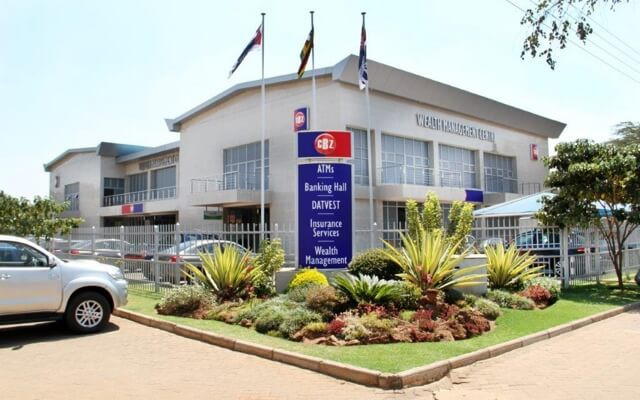
community builders:with Takemore Mazuruse
Its not every day that a village boy births an idea that achieves not only national, but regional impact. However, like the old adage posits, it’s not where you were born that matters, but where you belong.
Social enterpreneur and community development expert Phillus Guzha’s Networked Business Minds (NBM), an economic empowerment and business development idea which only started a few years back, has become a regional powerhouse helping the disadvantaged and marginalised to become self-sustainable.
“I come from a community leadership background and my interaction with medium and low class people has helped me appreciate challenges that communities face,” Guzha said.
“Where governments focus on foreign direct investment (FDI), Networked Business Minds is implementing an Indigenous Direct Investment (IDI) model through designing low capital and low risk business development models in the region.
“Our model starts from trainings where those that enlist for our programmes get skills on production of drinks, dish wash, washing powder, green bar, sausages, foam bath, quick bleach, candles, floor polish, pine gel, petroleum jelly, shampoo and bath soap, among a host of other products.
“The programme is changing the status quo in a generally struggling economy and we are happy with our impact to date.”
Born and raised in Nyajena, Masvingo, Guzha reckons circumstances should not limit people, hence his NBM’s thinktank which brings together people from various backgrounds for the common good.
- Chamisa under fire over US$120K donation
- Mavhunga puts DeMbare into Chibuku quarterfinals
- Pension funds bet on Cabora Bassa oilfields
- Councils defy govt fire tender directive
Keep Reading
“Our thrust as NBM is to provide part of the solution to the challenges facing Zimbabwe and the region,” he said.
“We want to kick out poverty and help change the impoverished status quo in many communities. Our products are easy to make and are low risk in business, which fosters sustainability and growth.”
The various trainings by the organisation are spread across the country and the region with countries like South Africa, Zambia, Swaziland and Malawi having benefited, while Mozambique, Tanzania and Botswana have shown interest.
“Our model is wholesome in that we don’t just teach our members to make products, but we also teach them the whole business mix so that they are able to operate sustainably,” he said.
“One is taught all the basics including branding, financial management and marketing. This has seen our beneficiaries rising from average start-ups to become booming businesses.”
Unique about NBMs’ programmes is that they have a corporate social responsibility (CSR) slant and they always reserve a free slot or two for community development organisations during their trainings.
“While we are a social entrepreneurship hub of some sort, we have also made sure to empower civil society organisations and charity organisations through our trainings giving them skills to produce the named products in-house,” he said.
“This has helped them supplement their requirements by producing some of their key needs in-house and in the process cutting on running costs.”
Institutions that have benefited from NBM’s benevolence through trainings include Multiple Sclerosis Association of Zimbabwe, Deaf Nzeve in Mutare, Nenyasha Children’s Home, SOS Children’s home and Association for the Blind in Gweru among a host of other charity and para-government organisations in Zimbabwe and the region.
“As a matter of humanitarian prudence and to cushion charity organisations from the ever rising costs of assisting communities, we are also training them on how to start these low cost income-generating projects and this has helped them minimise costs,” Guzha said.
The community development practitioner also highlighted the importance of overhauling our education system so that it focuses on entrepreneurship as opposed to employment chasing.
“Our education system was designed by selfish industrialists who did not spell out the folly of seeking jobs as compared to starting our own enterprises,” he said.
“This has given rise to poor professors who in turn pass that confusion to their students. We need to equip our people and our communities with relevant life skills so that they become self-sustainable entrepreneurs.”
Guzha said it was sad that while Africa focused more on FDI, the very countries providing the same were growing their economies from within.
“Our hope is that the Networked Business Minds idea helps meet the government halfway in dealing with obtaining challenges,” he said.
“We have become so obsessed with foreign direct investment, yet ignoring our own inherent potential to deal with our challenges. As NBM, we are playing our part in enlightening communities while equipping them with skills.”
Guzha said it was his hope that they come up with NBM warehouses in the region and beyond where empowered members get to sell their products.
“We want to embrace e-commerce while setting up warehouses for all Networked Business Minds members to sell their products and earn a living,” he said.
“Poverty is a mindset problem and we strongly believe we will win this fight. We will never tire or give up.”











